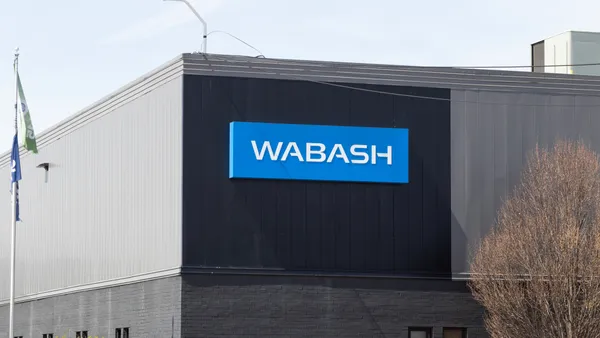Brokerage fraud is costing brokers, carriers, shippers and consumers $800 million or more, Transportation Intermediaries Association President and CEO Anne Reinke said last week.
A lack of enforcement has allowed bad actors using hundreds of different federal motor carrier numbers to impersonate carriers and conduct fraud, theft and other schemes, the brokerage association leader said.
“We are in the midst of a fraud epidemic in the supply chain,” Reinke testified before a Congressional subcommittee on Capitol Hill.
The TIA successfully advocated for language in 2012’s federal MAP 21 Act codifying illegal brokering and creating a $10,000 penalty for violations, as well as a database for complaints.
But Reinke noted that the FMCSA’s antiquated physical audit system requires inspectors to have “eyeballs on the trucks and their records.” Inspections were reduced, if not halted altogether, during the pandemic, she said.
“Today there are over 80,000 complaints in the database that have never been investigated, and no penalties have ever been assessed,” Reinke said.
As many as 85% of carriers lack a safety rating, the TIA estimated in 2020.
Reinke, who testified before the House panel alongside Owner-Operator Independent Drivers Association EVP Lewie Pugh, said the lack of enforcement puts Pugh’s members and other smaller carriers at a disadvantage.
“You have the big guys who get rated, and then you don't have people who may be new entrants [able to] validate they have a safe rating,” she said.
The problem is exacerbated by an “urgent” need for more transparency between brokers and the carriers they hire, Pugh testified.
A lack of FMCSA enforcement has allowed brokers to flout federal law requiring transaction records to be shared with carriers, sometimes by adding contract provisions waiving the right, Pugh said. Carefully examining every bill of lading is the first step in avoiding common brokerage fraud schemes.
Requiring greater transparency would “support the economic stability of the trucking industry and help develop a more reliable supply chain,” Pugh said.













